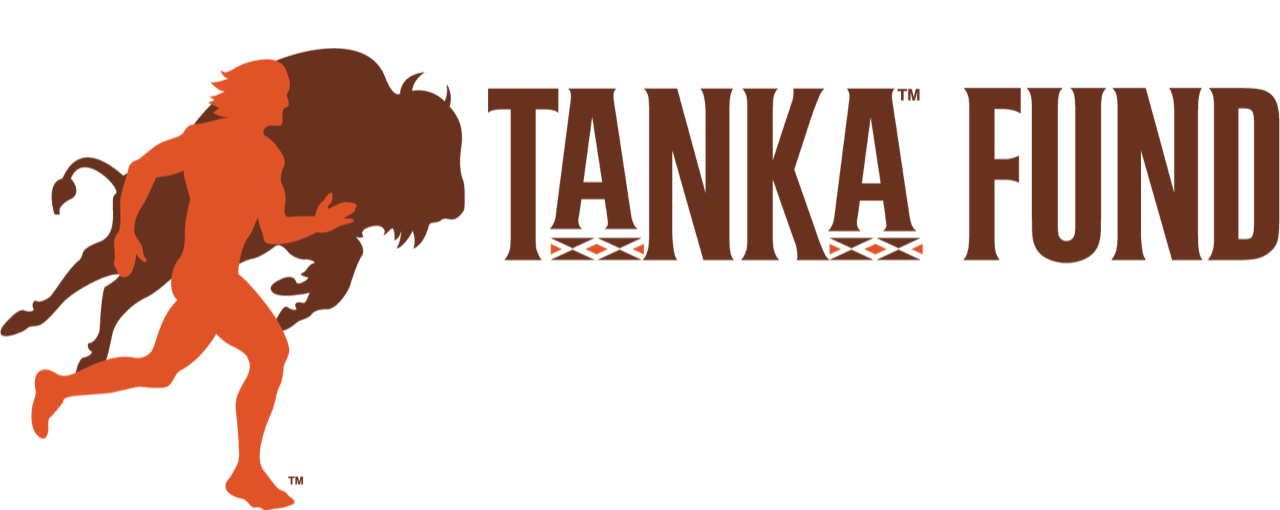Our Rancher Partners: Lisa Ansell Frazier
“We have some of the lowest statistics in the country, and I’m tired of that narrative — so let’s do something about it.”
Lisa Ansell Frazier, Cheyenne River Sioux Tribe
Summary
The Buffalo Youth Nation Project, led by Lisa Ansell Frazier of the Cheyenne River Sioux Tribe, is a Native woman-led 501(c)(3) reconnecting people, land, and Buffalo through food and cultural teachings. Guided by Lakota values, the program supports reservation schools across the Great Plains with afterschool meals and wellness rooted in tradition.
Key Points
Founded & Led by Women: Established seven years ago; became a 501(c)(3) four years later.
Lakota Foundations: Built on the Seven Lakota Virtues and Four Directions teachings.
Feeding Communities: Over 185,000 pounds of food distributed to students, families, and elders.
Buffalo at the Center: Maintains a 13-member herd on Wind River Reservation; meat also sourced from tribal partners.
Visible Impact: Students show better health, higher attendance, and a deeper sense of calm and connection.
Read longer story below.
For Lisa Ansell Frazier, founder and director of the Buffalo Youth Nation Project, it isn’t people who find Buffalo — it’s the Buffalo who find you.
“The Buffalo choose you to be their caretakers and to bring them forward in a good way. A healing way,” said Lisa, a member of the Cheyenne River Sioux Tribe. “They came to us.”
The Buffalo Youth Nation Project (a Native woman-led organization) was founded seven years ago and became a 501(c)(3) nonprofit four years later. Its work is guided by the Seven Lakota Virtues and built around four core programs — sacred pillars of stability inspired by the Lakota understanding of the Four Directions, each offering teachings that support balance in spirit, mind, body, and emotion.
Based in Wyoming, the organization partners with reservation schools across the Great Plains through an afterschool food program that reaches beyond the classroom — feeding students, families, and elders throughout the community.
“We hold hands with them, see their needs, and ask how we can assist and work together,” Lisa said. “We don’t come in and overpower. We introduce our program and let them choose what is appropriate. We don’t dominate — and it works fantastically well. The program works in every school.”
Then she smiled. “It’s all from aunties. All auntie-run.”
Lisa said one of the things she’s most proud of is the measurable impact in the schools BYNP serves. Reading comprehension rates have doubled, and attendance has climbed from 34 percent to 72 percent. At one of their schools, the graduation rate has reached 100 percent.
“…and in Indian Country, that is unheard of,” she added. “We have some of the lowest statistics in the country, and I’m tired of that narrative — so let’s do something about it.”
To date, BYNP — which is entirely volunteer-run — has distributed about 185,000 pounds of food to partner schools. The offerings range from cereal to full meals with fresh fruits and vegetables and, as Lisa emphasized, “most importantly, bison.”
To meet that need, BYNP established a herd on the Wind River Reservation, where an all-Native family raises 13 Buffalo on 200 acres.
“Everything was already in place for their arrival, so when they came to us, everything blossomed. All the blessings came in,” Lisa said. “Their presence created a foundation that would have taken so many years to create.”
While the Buffalo meat distributed through the program currently comes from supporters such as the Cheyenne River Sioux Tribe and the Shoshone-Bannock Tribe, BYNP’s long-term goal is to build a cultural conservation herd so that every partner school can one day take part in a cultural harvest.
According to Lisa, integrating Buffalo into the afterschool program has already made a visible difference. She’s seen students’ health and wellbeing improve, along with a greater sense of calm among children who once struggled to stay grounded. Some students who had never seen or cooked bison before are now preparing it for their families.
“They said in our prophecies that when our Buffalo returned, so would the health and wellbeing of our people — that our hoops would be restored and healed. And I believe it 110 percent,” Lisa said. “As a trauma counselor, the biggest factor I see in mental illness is the lack of connection. Take a kid — or anyone — out on the land and around the Buffalo, and they’ll leave changed. Different. Better.”







